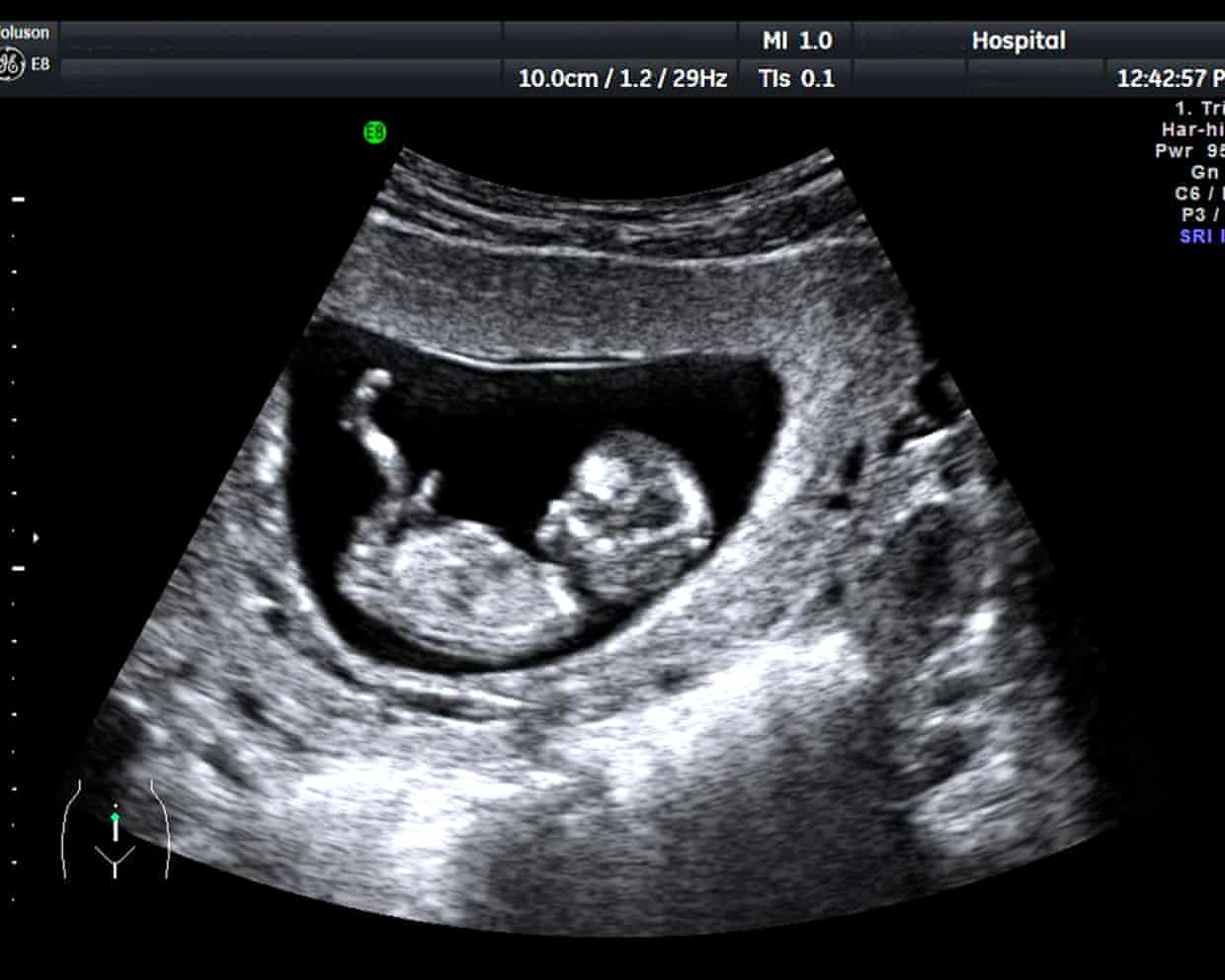City watchdog ‘nakedly’ siding with lenders on car finance redress, MPs say

The City regulator has “nakedly taken the side of lenders” in its planned compensation scheme for car loan victims and has been “patently influenced” by concerns over profits, a group of cross-party MPs have claimed.The All-Party Parliamentary Group (APPG) on Fair Banking joined a growing chorus of critics concerned about the Financial Conduct Authority’s (FCA) proposed redress scheme, which is meant to compensate borrowers who were overcharged as a result of commission arrangements between lenders and car dealers.The APPG’s latest report has accused the regulator of buying into “doom-mongering” by lenders who claim that a large compensation bill would risk spooking investors and causing lasting damage to the UK economy.That was at the expense of car loan victims who they said were due up to £15.6bn, rather than the £8.
2bn-£9,7bn currently forecast in the FCA’s scheme, which the APPG said was based on estimates produced by the regulator in 2019,The MPs also warned that the scheme hinged on overly complex calculations that lenders could exploit while acting as “judge and jury” on their former customer’s claims,“Rather than siding with consumers in deciding the levels of redress, the regulator appears to have nakedly taken the side of lenders, working to protect their profit margins rather than the pockets of consumers,” the report says,“Time and again in its consultation document the FCA warns how ‘higher [redress] costs to firms could dent profit margins’ or ‘higher costs to lenders in this scenario could have knock-on impacts on lender profit margins’.
These warnings all follow the same basic pattern: a warning about profits, caveated with the risk to the market of lenders withdrawing their products and hitting consumer choice,”Banks are due to pay out £700 per claim on average under the FCA’s proposals, which the APPG says is far less than the £1,500 average payout that some could receive by taking their cases to court,However, banks and the FCA have warned that borrowers who use claims firms to take their cases to court may end up losing up to 30% of their compensation in legal fees,Lenders and lobby groups have for months warned that a massive bill could deter investors, force some lenders to fold, or raise borrowing costs for consumers as lenders try to recoup their costs,The chancellor, Rachel Reeves, attempted to intervene in a landmark supreme court hearing in January when she urged judges to avoid handing “windfall” compensation to borrowers.
At that point, lenders including Lloyds, Barclays, Close Brothers and the financial arms of manufacturers such as Ford were steeling themselves for a compensation bill worth up to £44bn.A supreme court case in August brought further clarity and significantly brought down the regulator’s estimates of the potential compensation bill.Lenders have continued to lobby against the £11bn bill, which accounts for administrative costs.Last week Santander UK’s chief executive, Mike Regnier, called for further interventions by ministers, claiming the FCA’s current proposals could end up inflicting “significant” harm to consumers, jobs and the broader economy.Sign up to Business TodayGet set for the working day – we'll point you to all the business news and analysis you need every morningafter newsletter promotionThe APPG member and Labour MP Siobhain McDonagh suggested that those lobbying efforts had seeped into the FCA’s proposals.
“Our core finding is that the FCA has patently been influenced by the profit margins of the lenders when deciding upon levels of redress,” she said.“From proposing that lenders act as judge and jury on their own cases, to the extraordinarily low compensatory interest rate on offer, the scheme acts against the interests of the consumer and markedly favours sector interests,” McDonagh, who separately serves as a member of the Treasury committee, added.“Ultimately, this report comes to a clear and unambiguous conclusion – the redress scheme as proposed is not fit for purpose.”The FCA said in a statement: “We have proposed a scheme to fairly compensate motor finance customers in a timely and efficient way.We recognise that there will be a wide range of views on the scheme and not everyone will get everything they would like.
But we want to work together on the best possible scheme and draw a line under this issue quickly,“That certainty is vital, so a trusted motor finance market can continue to serve millions of families every year,”The Financing and Leasing Association was contacted for comment,

Pornography depicting strangulation to become criminal offence in the UK
Porn featuring strangulation or suffocation – often referred to as “choking” – is due to be criminalised, with a legal requirement placed on tech platforms to prevent UK users from seeing such material.Possessing or publishing porn featuring choking will become a criminal offence under amendments to the Crime and Policing bill tabled in parliament on Monday.In a separate amendment, victims of intimate image abuse will also have longer to come forward, with the time limit to prosecute extended from six months to three years.The government said this would help break down unnecessary barriers victims face when reporting a crime, “improving access to justice for those who need it the most”.The choking ban comes after a recommendation from a government review into pornography which found it has contributed to establishing strangulation as a “sexual norm”

NHS hospitals to test AI tool that helps diagnose and treat prostate cancer
A tool that uses artificial intelligence to help diagnose men with prostate cancer and guide decisions about treatment is to be tested in NHS hospitals, researchers have announced.The £1.9m Vanguard Path study, funded by Prostate Cancer UK and led by researchers at the University of Oxford, is expected to last three years and will test an AI tool called the ArteraAI Prostate Biopsy Assay. In total, biopsies from more than 4,000 men will be used.The tool, which analyses digitised biopsy images to produce a personalised risk score, has already been shown in clinical trials to identify which men with high-risk prostate cancer would be most likely to benefit from the drug abiraterone

How scientists are shining light on the biology behind seasonal affective disorder
Researchers tracking large cohorts are discovering the effects of sleep, light and therapy on people impacted by winter’s arrivalFor some, the darkening days of autumn bring more than the annual ritual of reviving woolly jumpers and turning on the central heating. As the evenings close in and the mornings grow murky, energy ebbs and a heavy sadness settles in.Although seasonal affective disorder (Sad) was only formally recognised by psychiatrists in the 1980s, the link between the seasons, mood and vitality has long been observed.The Yellow Emperor’s Classic of Medicine – a Chinese text from roughly 300BC – described how the seasons affect all living things. It advised that in winter, one should “retire early and get up with the sunrise”, keeping “desires and mental activity quiet and subdued, as if keeping a happy secret”

Drone-blocking technology ‘urgently’ required at jails in England and Wales
Drone-jamming technology must be rolled out urgently across jails in England and Wales to help stem the endemic use and trade of drugs by organised gangs, MPs have concluded.The Commons justice select committee has found that the Prison Service’s ability to maintain safety and control is being “critically undermined by the scale of the trade and use of illicit drugs”.It has called for technology such as SkyFence, which uses sensors to block a drone’s computer, to be introduced across the prison estate. Category A prisons, which hold some of the most dangerous inmates, should be given anti-drone technology within two years, according to a report released on Friday.The Labour chair of the cross-party committee, Andy Slaughter, said: “Fuelled by inflated profits, the supply of drugs by organised criminal gangs into prisons is a constant pressure

UK’s unregulated pregnancy scan clinics putting lives in danger, say experts
High street clinics offering pregnancy scans could be putting unborn babies and their mothers in danger through a lack of properly trained staff, UK experts have warned.According to the Society for Radiographers (SoR), high street clinics have seen a huge growth in numbers. However, hospital specialists say they have seen cases of missed health problems, misdiagnosed conditions, and situations in which women were erroneously told their babies were malformed or had died.“I had a lady referred for a potential miscarriage from a clinic and when I scanned her they’d measured a bleed in the womb and they completely missed a very early pregnancy sac with a baby inside it,” said Katie Thompson, a hospital sonographer and president of the SoR.“Potentially, if they were at a private clinic that could offer a miscarriage service, then they could have been given some medication to bring on a miscarriage on a pregnancy that was actually not miscarrying,” she said

Why we must tackle the crisis in end-of-life care | Letters
Your editorial on hospices (29 October) was right to highlight the crisis in end-of-life care. As the National Audit Office’s report makes clear, unless urgent action is taken, the system will be overwhelmed. More than 5.75 million deaths are expected in the next decade, and over 5 million of those people will need palliative care. Too many face dying in avoidable pain, in poverty and alone

In Grok we don’t trust: academics assess Elon Musk’s AI-powered encyclopedia

Ducking annoying: why has iPhone’s autocorrect function gone haywire?

Apple reports record iPhone sales as new lineup reignites worldwide demand

Meta reports mixed financial results amid spree of AI hiring and spending

Oakley Meta Vanguard review: fantastic AI running glasses linked to Garmin

‘History won’t forgive us’ if UK falls behind in quantum computing race, says Tony Blair